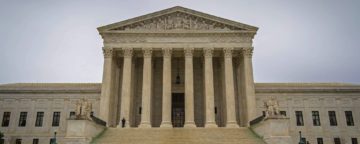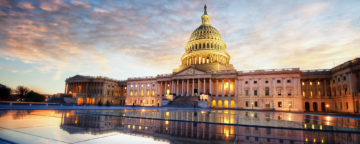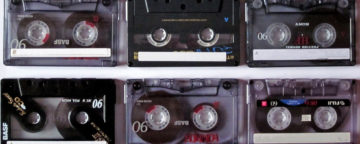Two-thirds of the news stories analyzed last year debunked the holiday-suicide myth, the false claim that suicides increase over the holidays, according to new research from the Annenberg Public Policy Center.


Two-thirds of the news stories analyzed last year debunked the holiday-suicide myth, the false claim that suicides increase over the holidays, according to new research from the Annenberg Public Policy Center.

In a new study, researchers at the University of Pennsylvania find that scenes of unjustified and justified violence in movies activate different parts of the adolescent brain. When movie characters engage in violence that is seen as justified, there is a synchronized response among viewers in a part of the brain involved in moral evaluation, suggesting that viewers see it as acceptable for protection.

Postdoctoral fellow Ozan Kuru is lead author of a new study finding that individuals are find polls more credible when their preferred candidate is leading.

According to the latest Annenberg Civics Knowledge Survey, 68% of Americans trust the Supreme Court to operate in the best interests of the American people, while 70% say that that court has “about the right amount of power.”

Many people say they don't live near a nuclear, fracking, or refinery site when they do. A new study looks at how the public forms perceptions of proximity to risk sites such as nuclear, fracking and refinery sites.

A new study from APPC and CHOP suggests that relatively slower growth of working memory is linked with teen driving crashes.

The 2019 Annenberg Constitution Day Civics Survey finds that the American public knows more about civics and constitutional rights than in the recent past -- but still has a long way to go in civics knowledge.

A study of adults based on a two-wave survey finds an association between seeing images of self-harm on Instagram and subsequent self-harm. Most who say they've seen the images report being disturbed by them.

In a new study, APPC researchers found that the percentage of Americans who believe in human-cause climate change depends on what is asked and how.

Given the series’ popularity and its potentially harmful effects, researchers at APPC and three other institutions conducted a study to more fully understand the effects of the show through a survey of U.S. young adults, ages 18 to 29, before and after the May 2018 release of its second season.